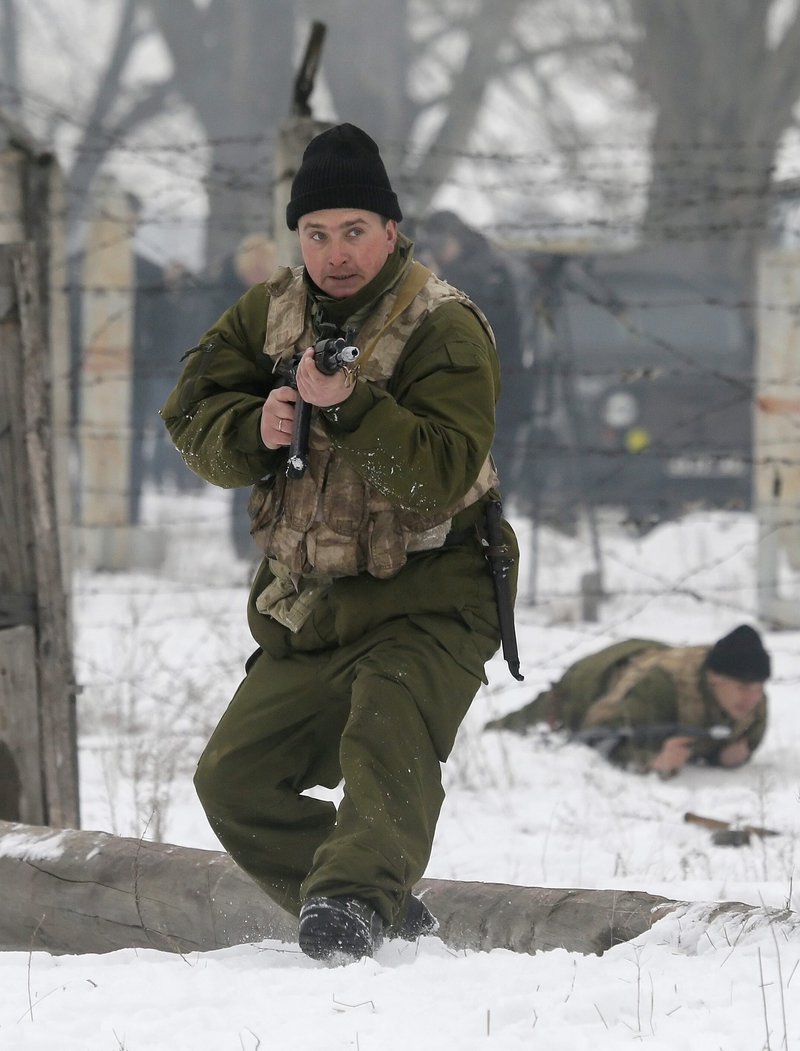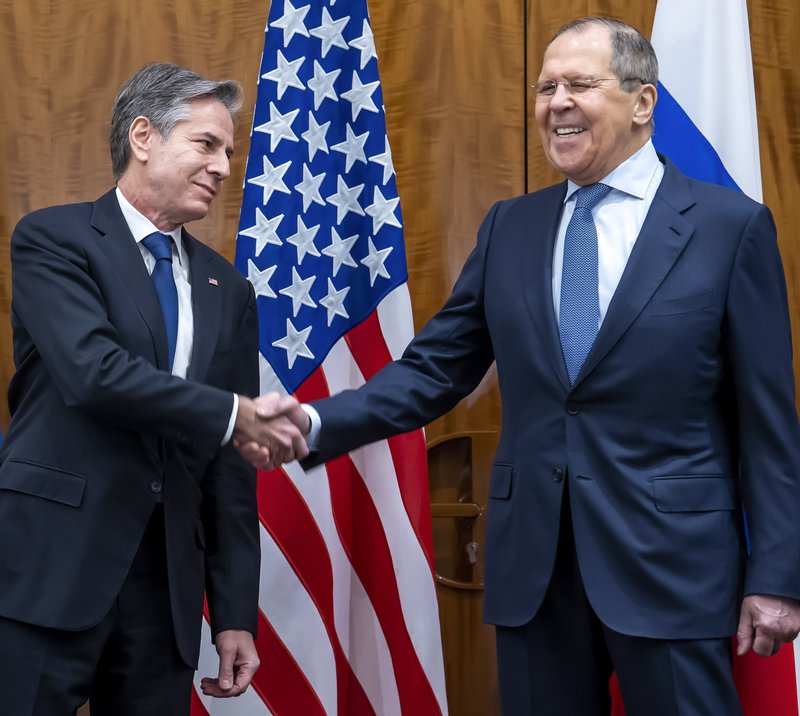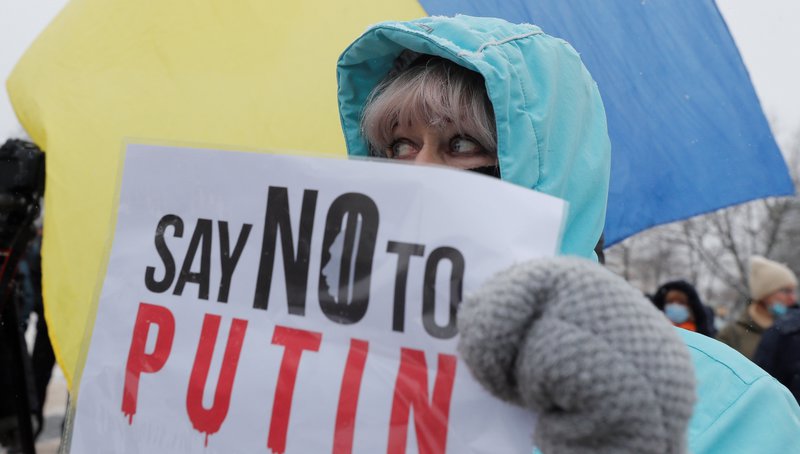Analysis
Putin’s OBSESSION
Since the middle of the first decade of the century, several analysts have pointed to the seeds of a new war between Vladimir Putin’s Russia (aided by his alter ego Dmitry Medvedev) and NATO (the United States and the European Union), now led by Joe Biden. There is no shortage of arguments, and they always point towards the same seemingly unquestionable facts: cuts in Russian gas supplies to Ukraine (2006, 2009 and 2014) that have affected the EU and caused a rise in prices during the winter months; the Russian invasion of Georgia and recognition of the republics of Abkhazia and South Ossetia in August 2008 in response to Georgian President Mikheil Sakhavili’s process of rapprochement with the US and EU – Sakhavili has been exiled to Ukraine since 2013, where he was governor of Odessa Oblast between 2015 and 2016 – he was arrested when he returned to Georgia in 2021; the annexation of Crimea and covert intervention in eastern Ukraine in favour of the pro-Russian rebels in Donetsk and Luhansk in 2014; and continuing threats to the Baltic republics for discrimination against Russian minorities. At the same time, a new arms race began in 2002, with President Bush unilaterally abandoning the 1972 Anti-Ballistic Missile (ABM) Treaty and announcing withdrawal from the 1987 Treaty on Medium Range Nuclear Forces, together with the conducting of new nuclear weapons tests by the two powers. Other authors talk of a hybrid conflict with its epicentre in Ukraine, witnessed in computer attacks allegedly perpetrated by Russian intelligence services on institutions and electoral processes in several Western countries – including the 2016 US presidential elections – and, of course, as Sylvie Kauffmann stated in a recent article in Le Monde, the war of nerves unleashed in NATO and Kiev due to the deployment of more than 100,000 Russian soldiers on the borders of Ukraine.
Despite Boris Johnson’s warning that the invasion of Ukraine would be a disaster for both Russia and the whole world, Brussels’ threat of economic sanctions on Moscow and the call for further negotiations by the EU’s High Representative for Foreign Affairs and Security Policy, Josep Borrell, NATO’s response has led to the scenario of a possible war in Europe becoming more credible. It has declared a “state of alert” and is sending troops and planes to the eastern countries of the alliance, and ships to the Baltic and the Black Sea. For its part, the US has announced plans to increase its military presence on NATO’s eastern borders, while removing non-essential staff and families of diplomats from its Kiev embassy and advising against travel in Russia (London, which recently delivered missiles to Kiev, has taken similar measures, and Paris advises avoiding non-essential travel to Ukraine). The Czech Republic (the Prague government accuses the Russian secret services of being involved in the explosion of an arms factory in the country last year), the Baltic republics, France, Spain, the Netherlands and Denmark are all ready to send troops to Lithuania, Romania and Bulgaria and pledge military aid to Kiev, while Germany refuses to allow Estonia to provide weapons of German origin to Ukraine, and Macron is insisting on dialogue. Against the backdrop of the current crisis lies the obsession of Vladimir Putin, a former KGB official in the German Democratic Republic, who is forging his power thanks to the two wars in Chechnya while rejecting the mandates of his mentor, Boris Yeltsin. Overwhelmed by ill health and alcohol, Yeltsin made Russia a victim of the greed of Western markets and organisations, and wants to regain the splendor of the Stalinist USSR, claiming his role as Joseph Stalin, but without any hint of communism, as that would call into question his economic and dictatorial power.
As Carmen Claudín rightly pointed out in an article in El País, Putin’s obsession is to regain the sphere of influence agreed by Stalin at the 1945 Yalta Conference (which, on the Soviet side, reproduced the division of Europe by Hitler and Stalin, but now without Germany), and for this he has appealed to national sentiment, updating the pre-Soviet myth of the Russian giant surrounded and threatened by Western powers. And so, despite losing the Baltic republics for the time being, he has drawn a red line on Russia’s borders, a kind of defence zone that corresponds to the borders of the former Soviet republics. This explains the interventions in Georgia, Ukraine, the recent intervention in Kazakhstan and the use of the Belarusian despot Aleksandr Lukashenko to put Poland and Lithuania under pressure with an uncontrolled and financed arrival of refugees from the Middle East and Africa. The problem is how to stop Putin’s obsession and his will to impose on neighbouring countries without resorting to a war that would destabilise Europe, threaten world peace, and turn his dream into Europe’s nightmare.
opinion








